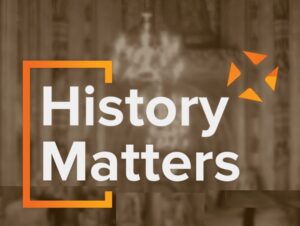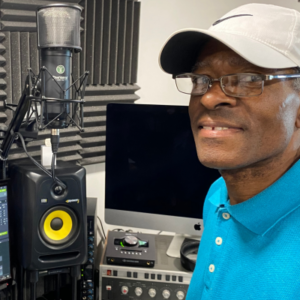First Published 10 July, 2010.
The contribution of arrangers to popular music is often ignored, George Martin and Quincy Jones being the exception to the rule. Gene Page, the American orchestrator and producer who died in Los Angeles in 1998, was “session call number one” for any artist needing lush strings to heighten the appeal of a ballad.
As the guitarist Ray Parker Jr. (of Ghostbusters fame) said in tribute to his long-time friend and colleague:
“Take any romantic record of the last 25-30 years, be it by the Righteous Brothers, Michael Jackson, Barry White, Marvin Gaye, Johnny Mathis, Barbra Streisand, Lionel Richie, Kenny Rogers or Whitney Houston, and you’ve heard Gene Page’s work. He was a spectacular arranger; no one could put together cellos, French horns and violins like him. When I was a kid, still in diapers, Gene was already happening. I was a big fan of his. He had the same effect on me as Stevie Wonder. When you have this level of talent around in the studio, you get a little more humble”.
Born in Los Angeles in 1940, Eugene Page Jr. was taught piano by his father. Something of a child prodigy, he won a scholarship to the Brooklyn Conservatory and seemed destined for a career as a concert pianist. However, to earn extra cash, he started to help various acts polish their demo tapes. In the early Sixties, his work caught the ear of Reprise Records who hired him as their in-house arranger.

During that period in the 1970s, Page still found time to conduct string arrangements for Aretha Franklin, the Four Tops, Deniece Williams, Natalie Cole, Dionne Warwick, Crystal Gayle, Julio Iglesias, Leo Sayer and even Elton John, an early Barry White convert, who used Page to great effect on the Philly-Sound-influenced single “Philadelphia Freedom” and the album Captain Fantastic and the Brown Dirt Cowboy (1975).
Prior to his death, Gene Page had conducted strings on many 1980s recordings that were just as successful as those of the previous decade, which included such recordings as “Endless Love” by Diana Ross and Lionel Richie, that actually peaked at number one on the Billboard Hot 100 Singles Chart week-ending 15th August 1981 (9 weeks), followed by the duet “Tonight I Celebrate My Love” by Peabo Bryson and Roberta Flack, taken from the “Born To Love” album, gold-certified in America.
“The Greatest Love of All” performed by Whitney Houston was another Page-influenced, gold-certified hit single in America, with multi-platinum certification for Houston’s self-titled solo album. He went on to arrange strings for Atlantic Starr on their gold-certified album “All In The Name Of Love”, which featured the single “Always” that reached the number one position week-ending 13th June 1987 (1 week). Anita Baker benefited from Page’s brilliant arrangements on her second solo multi-platinum album “You’re the Best That I Got” that reached number one on the Billboard 200 Albums Chart week-ending 24th December 1988 (4 weeks). Many of these artists had number one albums on the Billboard 200 Albums Chart that featured a credit for Gene Page during a prolific decade that represents a crowning achievement for a great icon. In all, his name appeared on more than 200 gold and platinum records. He also conducted string arrangements on Teddy Pendergrass’ first post-accident studio album “Love Language”, that was certified platinum in 1984 for over one million copies sold in North America.
At Page’s funeral the Rev. William Minson Jr. who officiated at the service remembers Page as “a man who always cared and shared with other people. More than his 35 year-career in popular music, I believe that this is Gene Page’s biggest legacy.”














